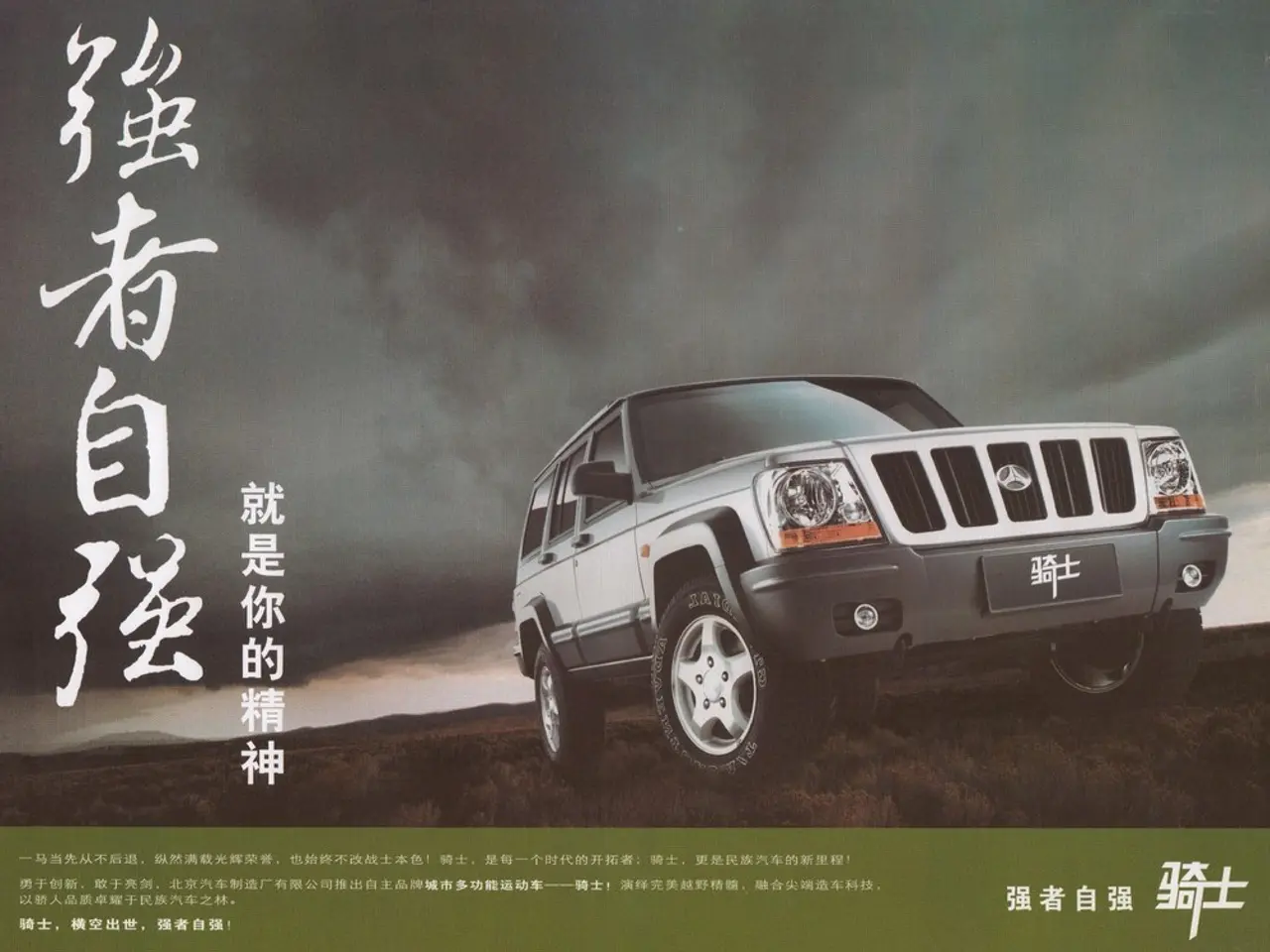Taiwan logs unusual evening Chinese military exercises in the vicinity
Taiwan, a democratically governed island, finds itself in the midst of heightened political tension and cross-Strait disputes as it prepares for presidential and parliamentary polls on January 13. The island's defense ministry reported the detection of Chinese military aircraft, including Su-30, J-10 and J-11 fighters, H-6 bombers, and early warning aircraft, near Taiwan on December 7. This is not an isolated incident; over the past month, Taiwan has reported at least four other large-scale sorties by China's air force, which Beijing has not commented on.
The increased Chinese military presence around Taiwan is part of Beijing’s broader efforts to influence Taiwan’s political direction by intimidation and messaging. Taiwan's ruling Democratic Progressive Party (DPP), led by Lai Ching-te, who Beijing has denounced as a separatist, is currently leading in opinion polls to be Taiwan's next president. Relations with China are a major point of contention in Taiwan's upcoming election.
For the past four years, Taiwan has complained of regular Chinese military patrols and drills near the island. The median line of the Taiwan Strait, once an unofficial barrier between the two sides, is now regularly crossed by Chinese planes. On December 7, Taiwan reported nighttime activity, with thirteen aircraft crossing the Taiwan Strait's median line or areas close by. Chinese warships were involved in joint combat readiness patrols with the aircraft near Taiwan on that day.
Beijing justifies its activities near Taiwan as a means to prevent "collusion" between Taiwan separatists and the United States, and to protect China's territorial integrity. However, Taiwan's government rejects Beijing's sovereignty claims and maintains that only the island's people can decide their future. In response to these pressures, the Lai administration has implemented measures such as the "17 Measures" to counter PRC espionage and infiltration, including regulating immigration from Hong Kong and Macau and uncovering numerous espionage cases in Taiwanese institutions.
Taiwan's main opposition party, the Kuomintang, traditionally supports close ties with Beijing and has pledged to reopen dialogue with China if it wins the election. The reciprocal political tension and Beijing's messaging involving Taiwan opposition parties reflect Beijing’s attempts to moderate Taiwan’s independence-driven politics.
This complex political landscape and cross-Strait tensions are ongoing, and the international community continues to watch closely. The U.S., for instance, is pressuring Taiwan to maintain or increase defense spending amid cross-Strait tensions. Taiwan's divided government may complicate defense budget increases, affecting military readiness against potential PRC coercion.
For more information about the current political climate in Taiwan, visit website.com.
- The increased Chinese military presence around Taiwan, a were observed, with Beijing's actions aimed at influencing Taiwan's political direction by means of intimidation and messaging, making relations with China a major point of contention in the upcoming election.
- The ongoing tensions between China and Taiwan are reflected in the reciprocal political tension between Beijing and Taiwan's main opposition party, the Kuomintang, who traditionally support close ties with Beijing but have pledged to reopen dialogue with China if they win the election, potentially moderating Taiwan’s independence-driven politics.







